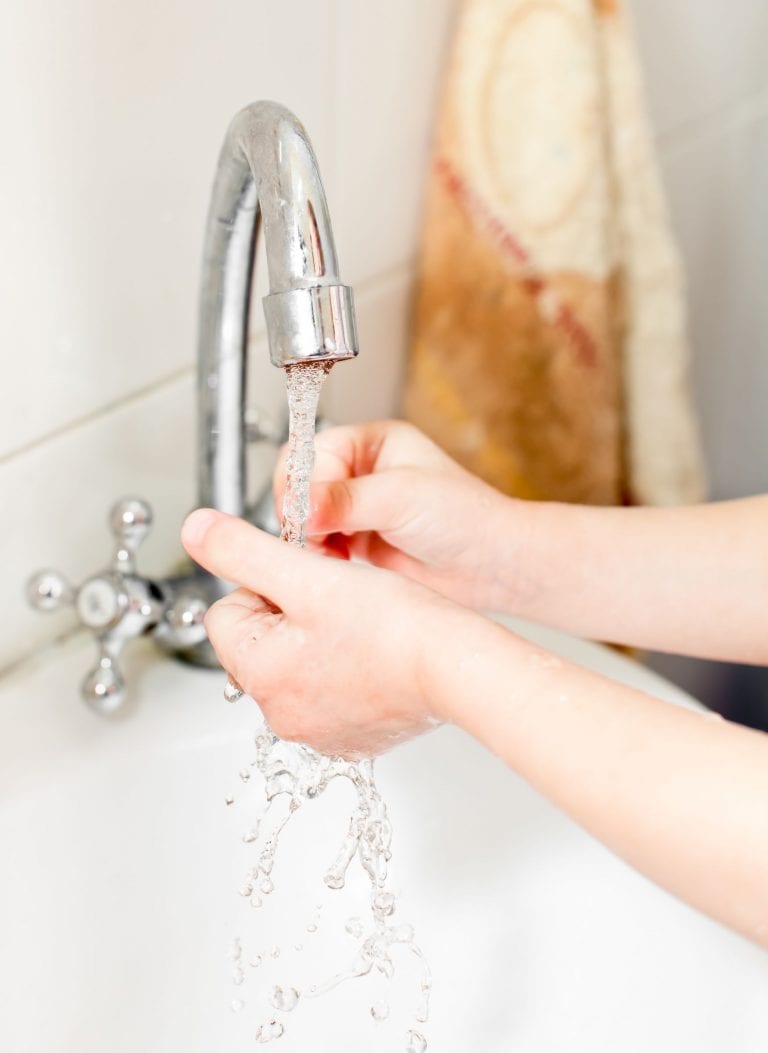Pandas/Pans
Sudden Compulsive Behaviors in Children After Infection
Could these out-of-the-blue behaviors actually be the sign of a bigger, more serious complication?
Your child suddenly starts to wash his hands until they are raw, or refuses to eat at all when he normally asks for a second helping.
Abrupt changes in behavior that can be described as happening “overnight” or “out of the blue” should be reported to your child’s healthcare provider—especially if you can describe them as “obsessive” or “compulsive.” Compulsive or repetitive behaviors like endlessly opening and closing doors or asking the same questions over and again may be a sign of a syndrome known as PANDAS/PANS.
SEE ALSO: Signs baby is Sick: Act On These Baby Warning Signs
Exploring PANDAS & PANS
PANS stands for Pediatric Acute-onset Neuropsychiatric Syndrome and follows as a complication to an infection, such as walking pneumonia, viruses, and Lyme disease. PANDAS stands for Pediatric Acute-onset Neuropsychiatric Disorders Associated with Streptococcus is similar to PANS, but is triggered by the same bacteria that causes strep throat. Experts estimate the syndrome affects roughly 1 in every 200 children—mostly age 12 or younger and typically between ages 4 and 7—in the U.S., but its diagnosis has been controversial.
Researchers are just beginning to learn about this syndrome, but it typically follows a viral or bacterial infection. PANDAS/PANS develops when a misdirected immune response in your child’s body causes inflammation of his brain. Changes in behavior then follow within 24-48 hours. Remember, because these changes occur very quickly, it’s important to contact his care provider as soon as possible. If not diagnosed and properly treated, this illness can lead to lifelong mental and physical problems.
PANDAS/PANS isn’t contagious, however, if the infection itself is contagious, like with strep throat, it’s possible for the infection to be passed among children. Keep in mind that most school-aged kids get infections from time to time, and almost all of them get better without any complications, including behavioral problems.
SEE ALSO: The Toddler Rules
When Your Child has PANDAS/PANS
To ensure the behavioral changes are indeed caused by PANDAS/PANS, your child’s healthcare provider will likely order several tests, including blood tests, and possibly an MRI of the brain. PANDAS/PANS is typically treated with oral antibiotics, and other medications may be given to help control behaviors. After beginning treatment, most children begin to get better within 1 week, however, in some cases, further treatment may be needed to avoid future episodes. Depending on your child’s individual health, treatment can be continued for as long as 2 months to a full year.
SEE ALSO: Taming Toddler Tantrums
Could it Be PANDAS/PANS?
Alert your little one’s healthcare provider to any abrupt changes in your child, especially following an illness:
- Can’t or won’t leave your side
- Needs to sleep on the floor next to your bed
- Sudden sense of restlessness or abnormal movements like “tics”
- Becomes overly sensitive to light or sounds
- Has problems concentrating
- Small motor skills deteriorate, like handwriting
- Needs to urinate more frequently or starts bed-wetting
- Displays temper tantrums
- Starts using “baby talk”






Comments are closed.